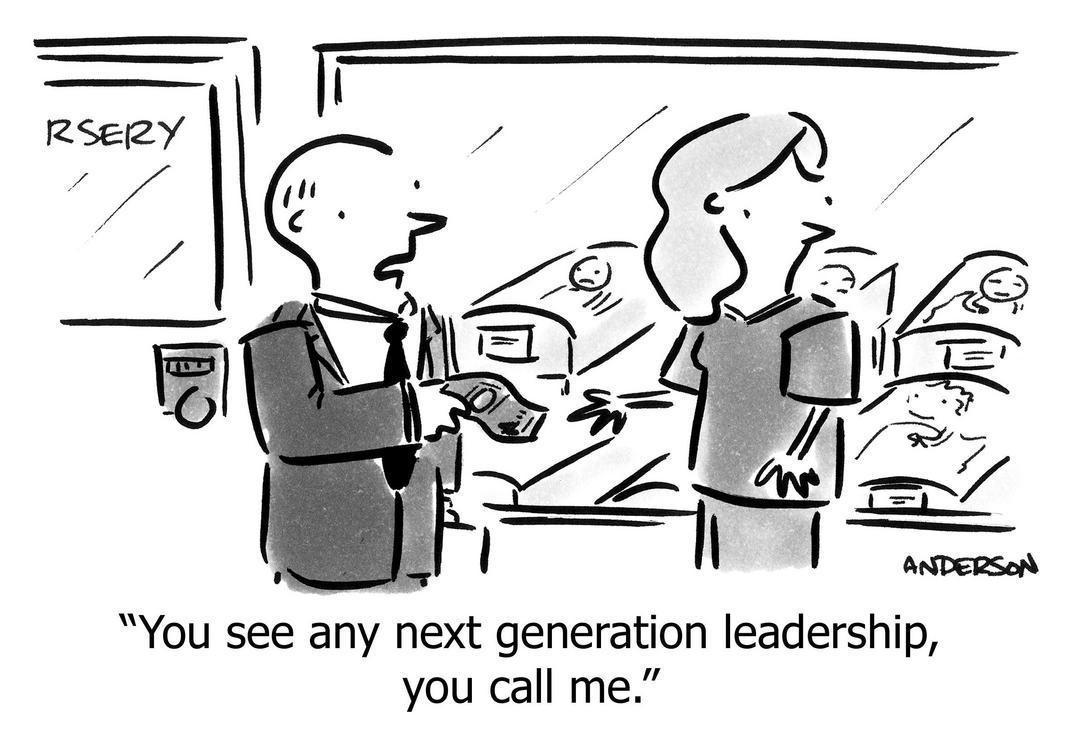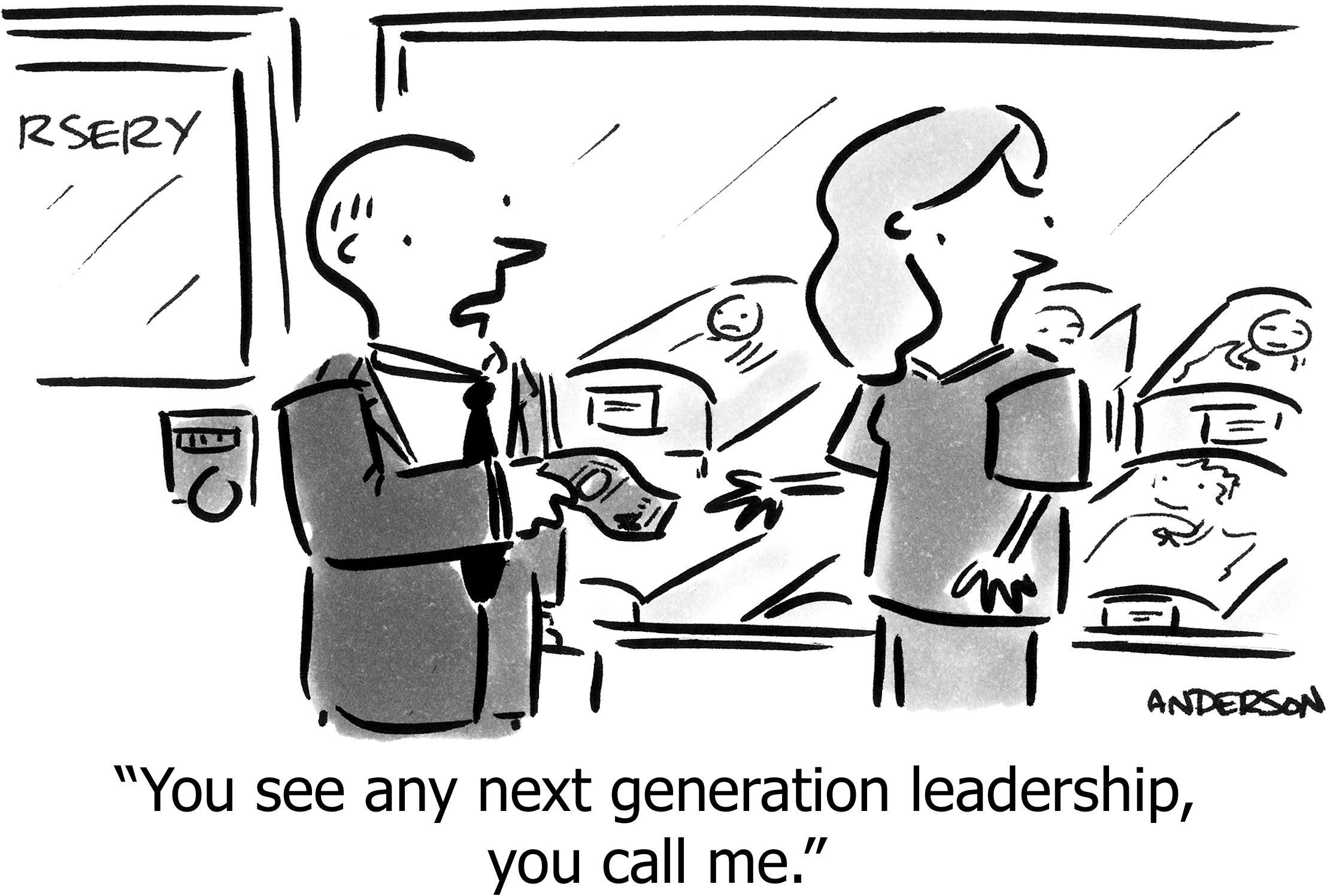Enough with the “expert” guilt
I’m sick of being admonished that success is predicated on spending the next 10,000 hours of my life becoming “an expert.”
I’m sick of hearing about how I should be molding my life in the image of Michael Phelps or Albert Einstein, because the only thing that separates me from genius is identifying my strengths and working really really hard.
I’m calling bullshit.
We’re so busy trying to make ourselves into outliers that we’re forgetting about what’s important.
Penelope Trunk pushed me over the edge when she wrote that for the last two years she’s been schlepping around a Harvard Business Review article called “The Making of an Expert” because:
“The article changed how I think about what I am doing here. In my life. I think I’m trying to be an expert.
Penelope goes on to equate being an expert to “success,” and laments that she isn’t an expert in anything, nor is she making headway.
I don’t know whether this is funny or sad, because she wrote this on her blog—a blog with 48,767 subscribers (at the moment). There are literally a million people trying to be “expert” enough at anything to achieve that level of “success,” and almost none of them will ever be that “successful.”
Oh yeah, and this comes on top of a six-figure book deal and years of writing for teeny inconsequential publications like the Wall Street Journal and Time magazine.
But Penelope considers herself neither a success nor an expert.
Yeah, right. She is a success. In fact, don’t you agree her problem isn’t a lack of expertise but rather that she shares my irrational yet commonplace feelings of inadequacy?
If by her definition she’s not even close to being an “expert,” clearly being an expert isn’t required for being successful.
She goes on to explain how much effort it takes before you’re allowed “expert” status (my emphasis):
“You need to spend at least ten years working in a very focused, everyday way on the thing you want to be great at. Evidence: high school swimmers today would beat Olympic records from years ago.”
That’s not “evidence.” There are more high school swimmers than ever, therefore more opportunities to find and train great swimmers. They have access to diet, training, technology, and facilities that didn’t exist years ago. That’s what it is “evidence” of.
And anyway, supposing it does take that much sheer effort, clearly it also takes talent (though she denies this, as do other, cough cough, experts). I’m a case in point: I practiced the piano for an hour a day for more than ten years. I became good, but there were others who practiced twice as much who were worse, and still others who practiced less and are much better.
We all know this. Why are we allowing people to tell us otherwise?
Not one of the successful entrepreneurs I know started as an expert. Rather, career and expertise were developed simultaneously, eventually resulting in success when coupled with a few key events (due as much to luck as effort).
Pick anyone. Sergey and Larry weren’t advertising experts before they started Google. Joel Spolsky wasn’t a blogging expert before starting FogCreek. I didn’t know anything about peer code review before starting Smart Bear.
In fact, in all these cases it would have been impossible to have been an expert! Why? Because Google reinvented advertising, there were no “blogs” when Joel started posting essays, and there was no tool for code review until I invented one.
Innovation defies prior expertise.
So let’s stop being distracted with these arbitrary definitions, artificial goals, and unnecessary prerequisites to “success.”
Let’s just get back to work.
https://longform.asmartbear.com/expert-distraction/
© 2007-2026 Jason Cohen
 @asmartbear
@asmartbear ePub (Kindle)
ePub (Kindle)
 Printable PDF
Printable PDF







